Stranded: Migrant Domestic Workers Seeking Justice
Eileen Boris, Ph.D.
CBSR Affiliated Faculty
Department of Feminist Studies
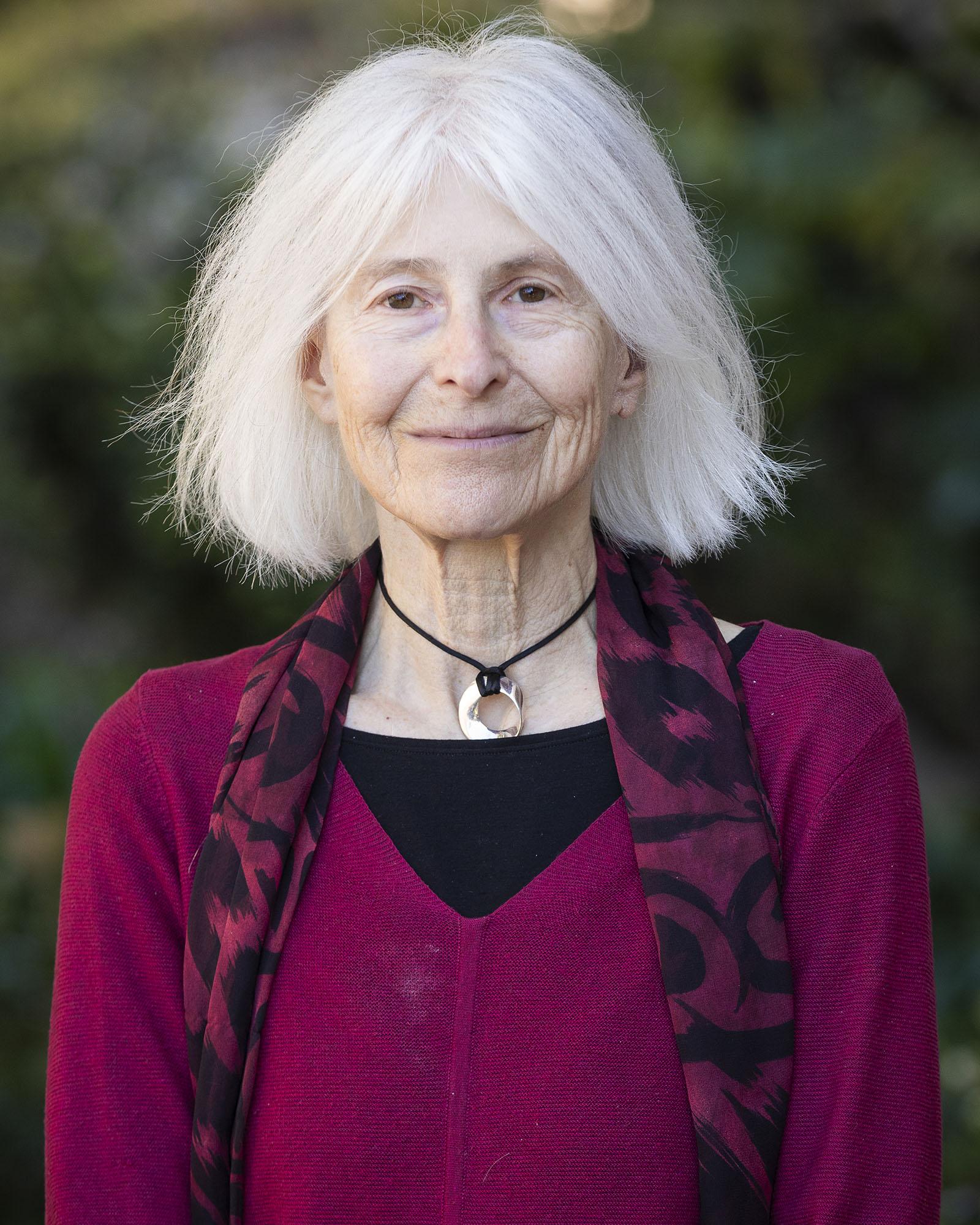
My latest project I’m calling “Stranded: Migrant Domestic Workers Seeking Justice.” This research challenges the timeline about free labor under capitalism. It shows the harboring of degrees of unfreedom in what appears as wage labor by looking at domestic service/household employment in a major metropolitan areas (so far, New York and environs) and at the flows of transnational household workers in the post-WWII years. It begins with the “Second Great Migration,” when domestic work was supposedly a “dying” occupation but middle-class & mothers’ move into employment created a new market for such workers. Intimate labor, thus, reflected even as it reinforced inequalities. It traces legal constructions as well as worker conditions. To consider the struggle against for-profit agencies as conduits for exploitation and trafficking, I move between scales of regulation between the local (New York City), the state (New York State) and federal (Labor Department restrictions on visa for live-in “foreign maids”) to chart protection of migrating workers. Though recognizing the long history of the “intelligence bureau” or labor broker, and the international conventions and discussions on the for-profit employment agency, so far I have looked at regulatory efforts in New York in the 1950s and early 1960s, including investigations against agencies like the Intercontinental Maid Service and attempts to strengthen the state licensing law by the Ad Hoc Committee on Stranded Domestic Workers spearheaded by the New York Urban League and its Black women leaders. This is work in progress so I am sure I will get to expand its scope as I continue.
After a stint at the University of Virginia in Studies in Women and Gender, I came to UCSB in 2001. UCSB has offered interdisciplinary focus, commitment to gender and ethnic studies, and an environment for doing scholarship that matters. It is an honor and a responsibility to hold the Hull Chair.
Gender, Language and Transnational Identity
Iman Djouini
CBSR Affiliated Faculty
College of Creative Studies
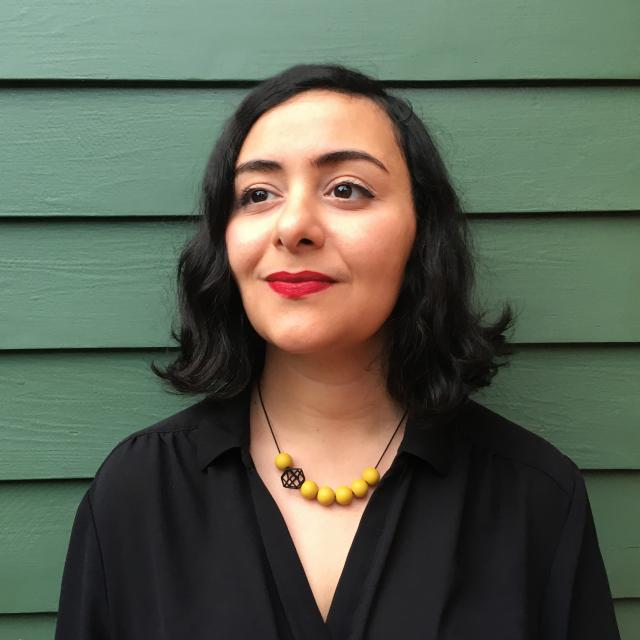
My current work explores the dislocation of language and the impact women have on the development of Darja in postcolonial Algeria, and throughout Algerian diasporic communities in Marseille, France, Washington DC, Maryland, Virginia, and Louisiana. I am interested in how women use Darja to facilitate or preserve the creolization of language, in physical and virtual spaces, and how this can provide a non-Westen perspective into the French feminist notion of écriture féminine, or "women's writing". I am inspired by the visual means of spoken, gestural and graphic forms of online communication (social media), where a playful interlacing of different languages occurs. I focus on how this manifests online with the use of typography, numbers, and emojis, to phonetically reflect diverse grammatical systems in languages like indigenous Tamazight, Semitic and Andalusian Arabic, French, Ottoman Turkish, Spanish, and English. In my series Rendre and Le Grain Magique, I use serigraphy, woodblock printing and digital fabrication to exhibit these themes while also using analog and digital mark making tools to transcribe, translate and replicate large compositions of text, image, and color, on paper and digital projection. This work has traveled in gallery and museum exhibitions, both nationally and internationally.
Employing Innovative Methods to Address Intersectional Health Disparities
Alison Cerezo, Ph.D.
CBSR Affiliated Faculty
Department of Counseling, Clinical, and School Psychology
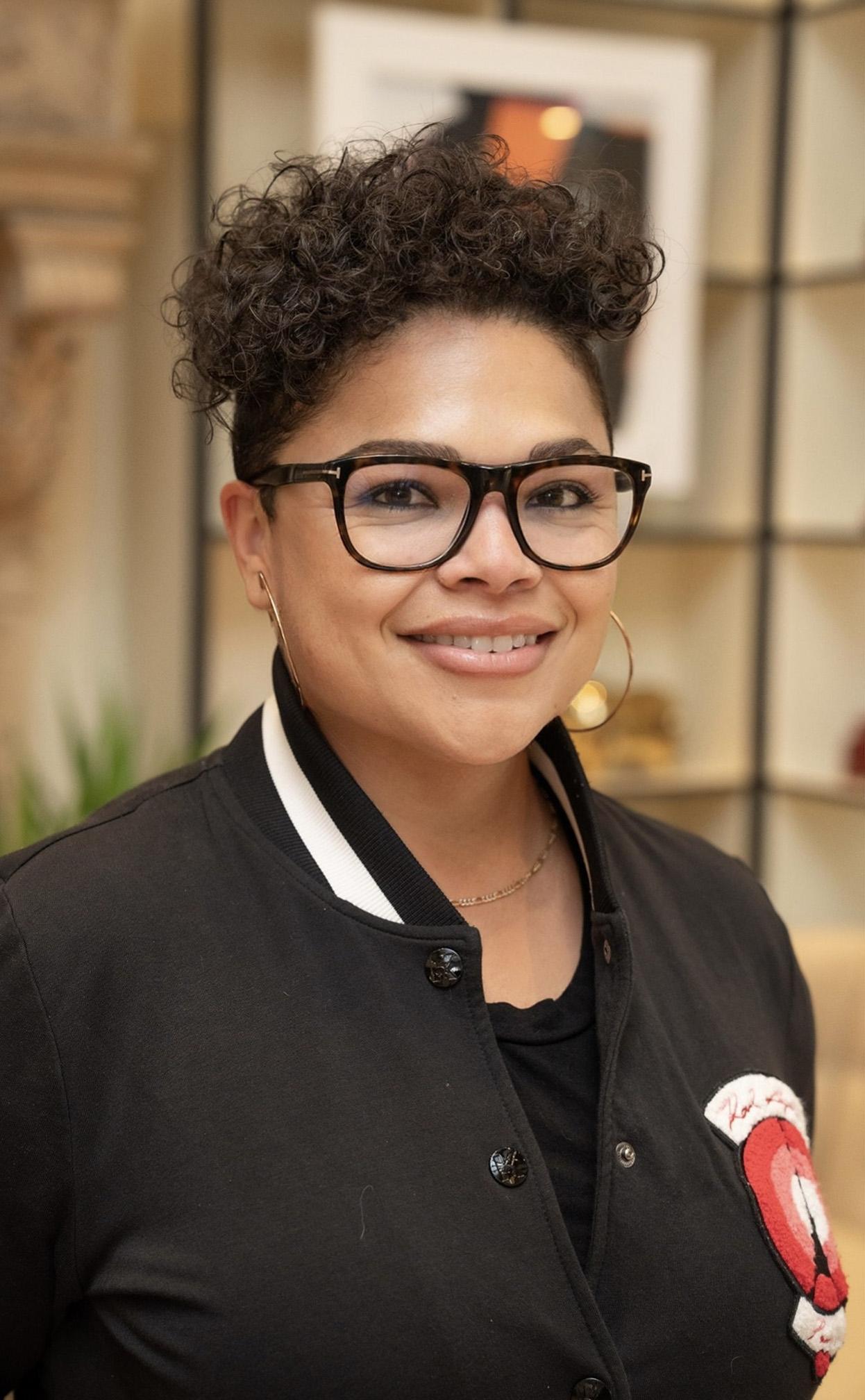
Dr. Cerezo is a health equity researcher who examines the links between stress, stigma and mental health and substance use among Black and Latinx LGBTQ+ communities. They also examine methods for removing barriers to mental health care, including linking hardly reached communities to digital health resources. Their community-partnered research has been funded by the National Institutes of Health and California Department of Public Health. Currently, Dr. Cerezo is the PI/Lead Strategy Evaluator of California's LBTQ Health Equity Initiative (2022-2025) which aims to improve health equity among sexual minority women, trans and nonbinary Californians with a specific focus on BIPOC and systems-involved community members. Dr. Cerezo also partners with industry leaders to shape digital technologies that aim to close the mental health access and treatment gap among BIPOC and LGBTQ+ communities.
Suicidality and the Complexity of Belonging: From Racial Homelessness to Resilience among Multiracial Black Youth
Nolan Krueger, Ph.D.
CBSR Affiliated Faculty
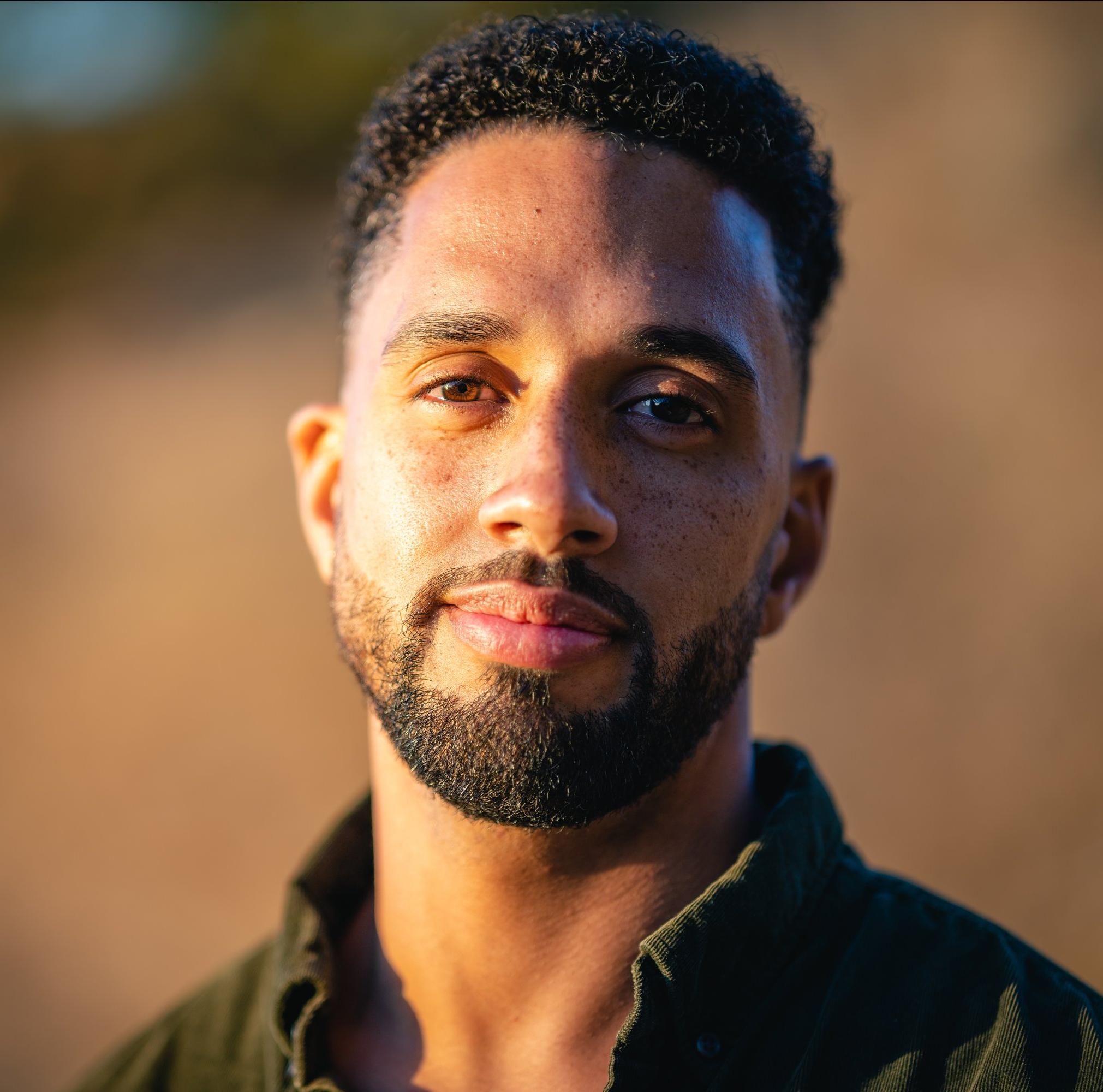
Dr. Nolan Krueger's work analyzes links between race-related sources of (dis)empowerment, psychosocial underpinnings of sociopolitical engagement, and mental health among Black Americans. With emphasis on Multiracial Black Americans and a broader focus on Multiracial Americans at large, his research also explores the unique psychosocial experiences impacting mixed-race individuals, and how these experiences influence mental health. Dr. Krueger's current projects involve:
- Studying race-related psychosocial stressors influencing suicidality in Multiracial Black adolescents and teenagers.
- Exploring Identity Incongruent Discrimination among Multiracial individuals.
- Examining Multiracial-specific stressors that predict suicidality among Multiracial emerging adults.
Moving forward, Dr. Krueger plans to expand his research program to begin investigating sociopolitical development, civic engagement, and mental health.
Shaping Narratives: Race, Culture, and Social Justice in the American South
Wendy Eley Jackson, MFA
CBSR Advisory Council Member, Affiliated Faculty
College of Creative Studies | Department of Film and Media Studies
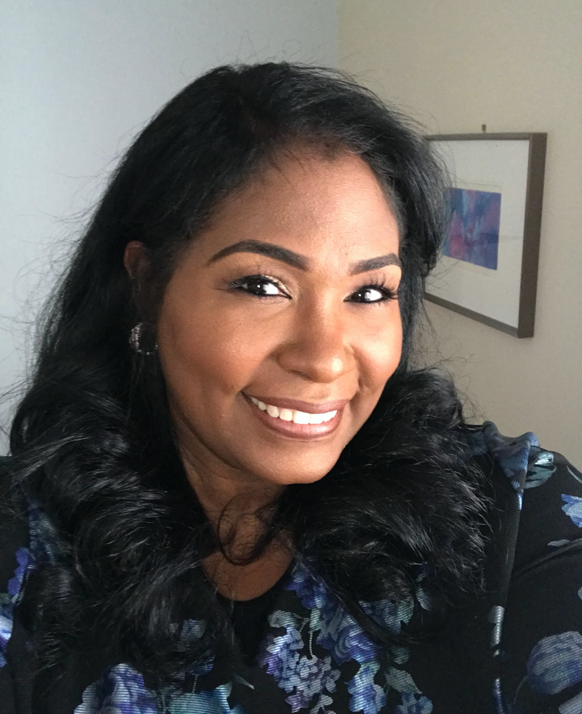
Wendy Eley Jackson is a filmmaker, educator, and Lecturer in the College of Creative Studies and the Film and Media Studies departments. With a background in documentary filmmaking and scripted content, Wendy's work explores themes of social justice, history, and culture. Her projects often highlight underrepresented voices, aiming to inspire and educate diverse audiences. Wendy is also engaged in multiple creative and academic initiatives focused on storytelling, media, community activism and empowerment.
Wendy's current research centers on exploring the intersections of race, culture, and social justice within the framework of American history. Through a focus on key historical events, legal battles, and cultural movements, her work examines how marginalized communities have shaped and continue to influence the nation's evolving narrative with hyper focus on the American South.